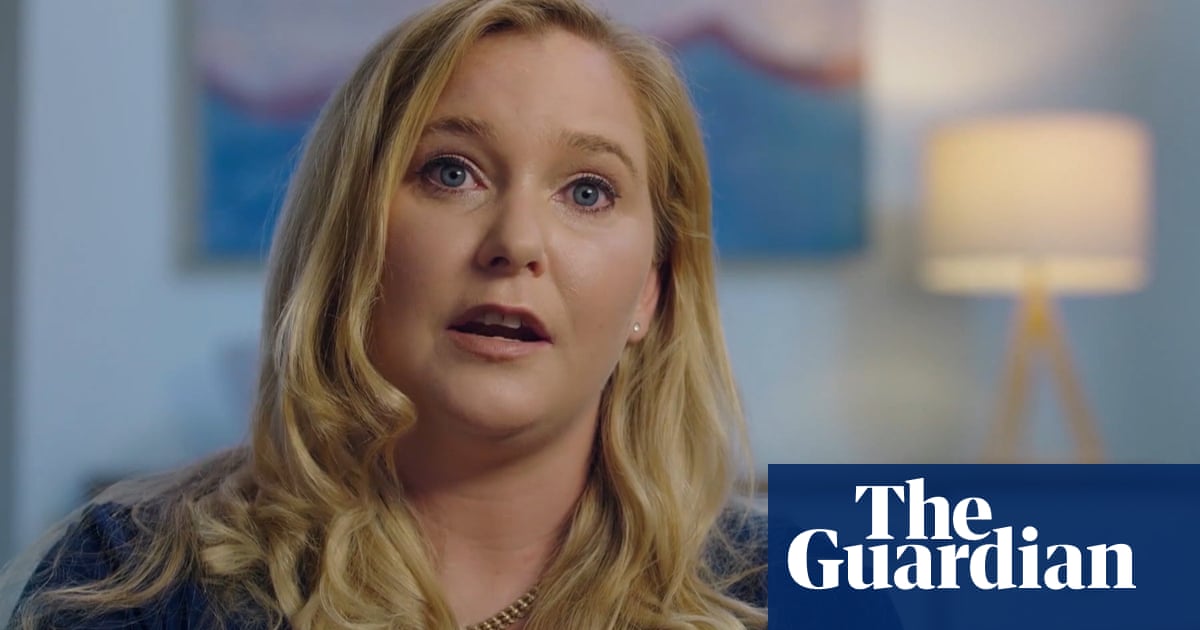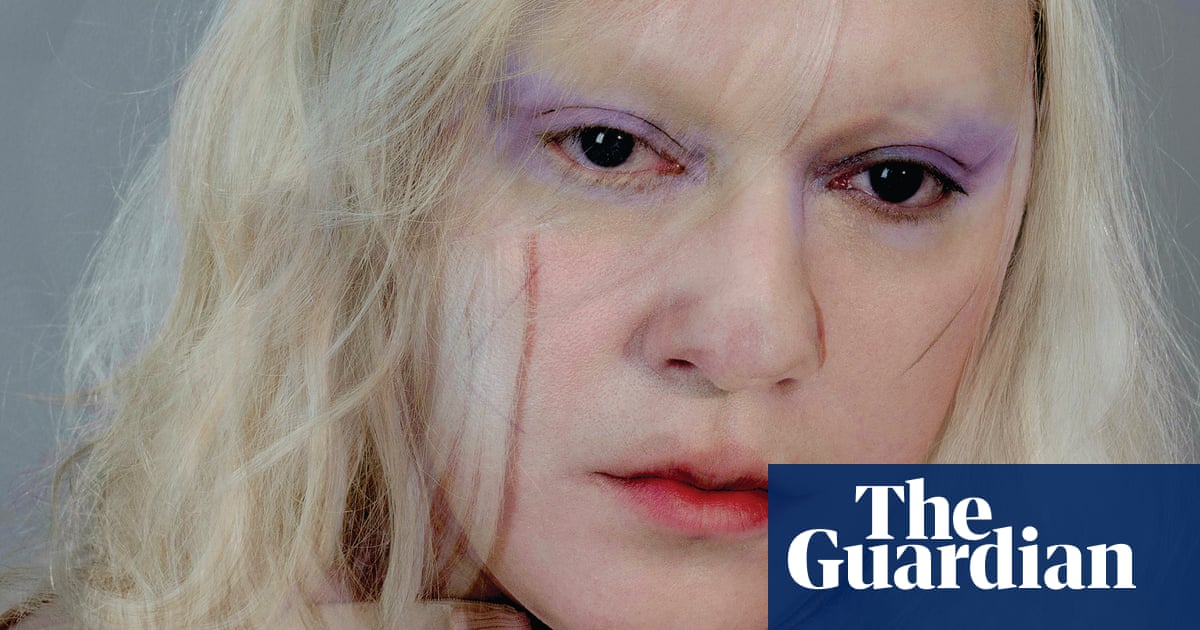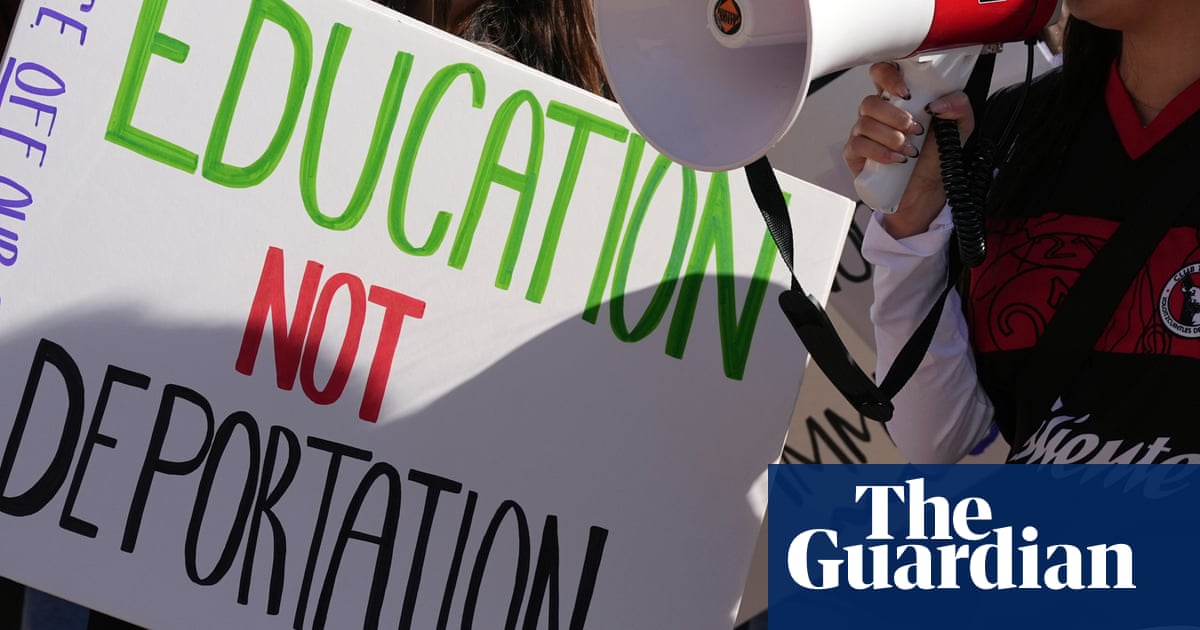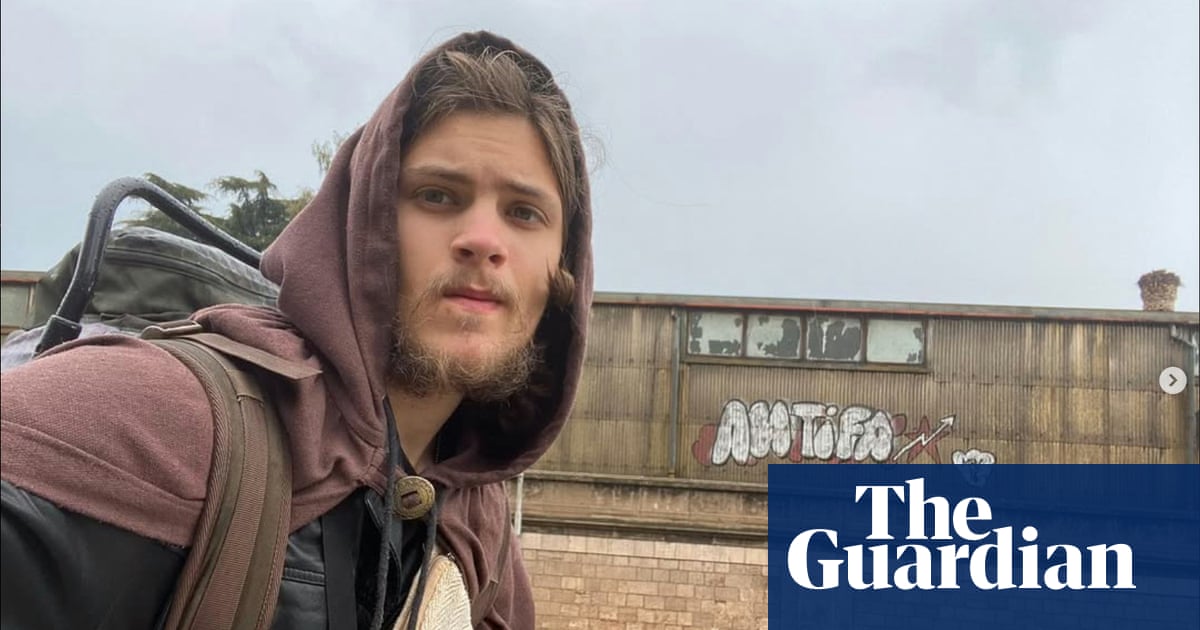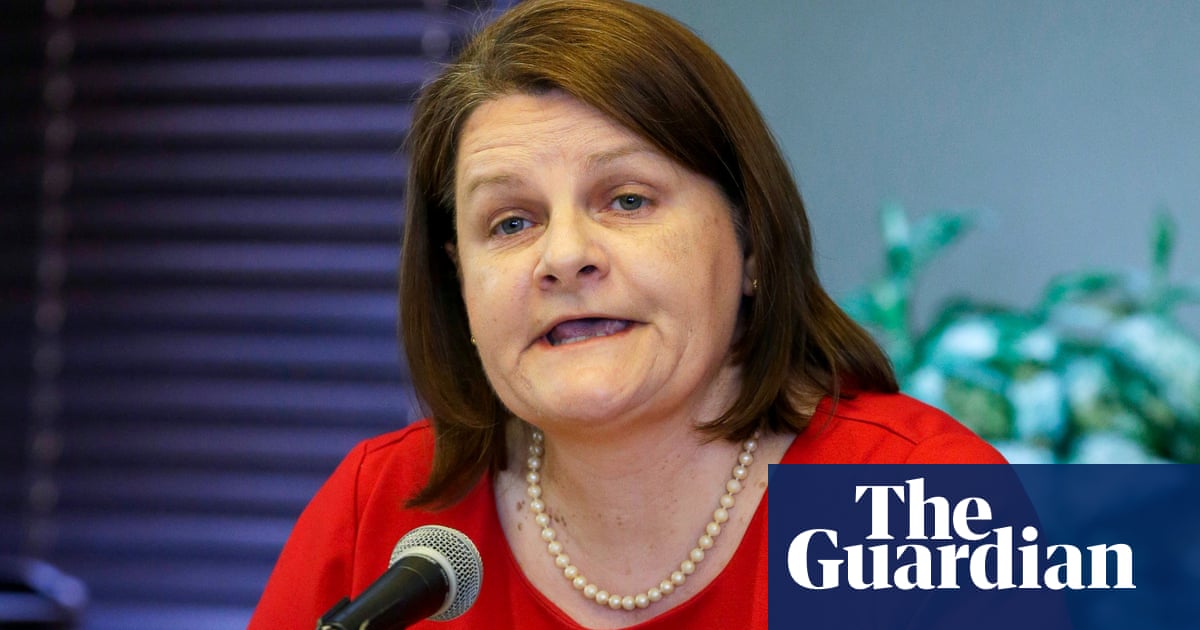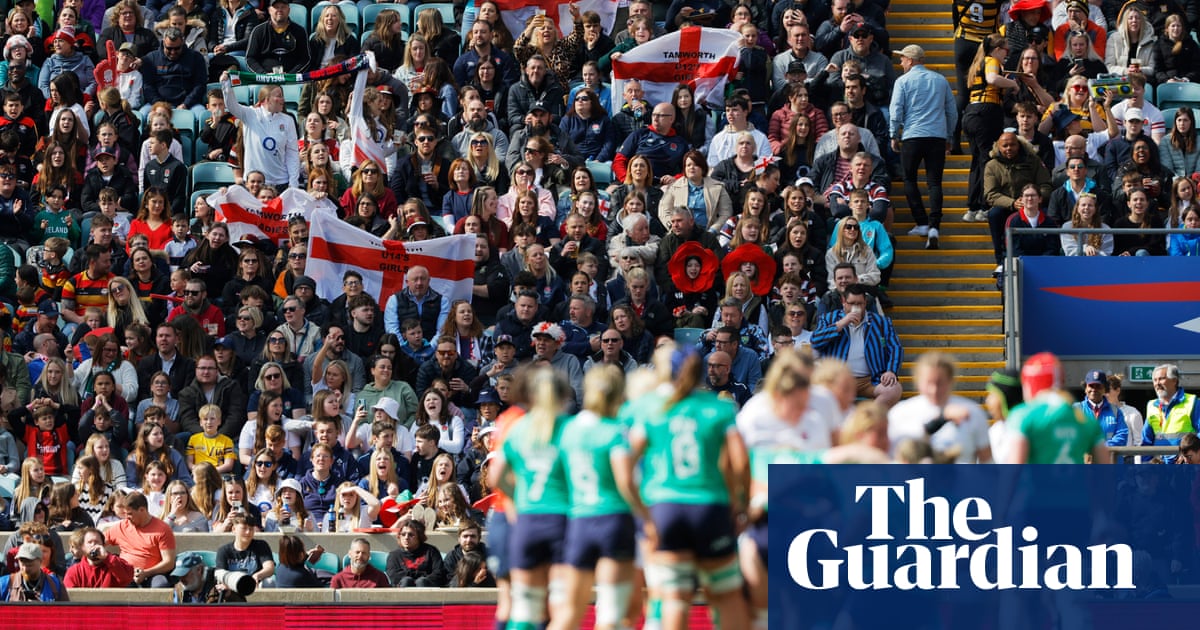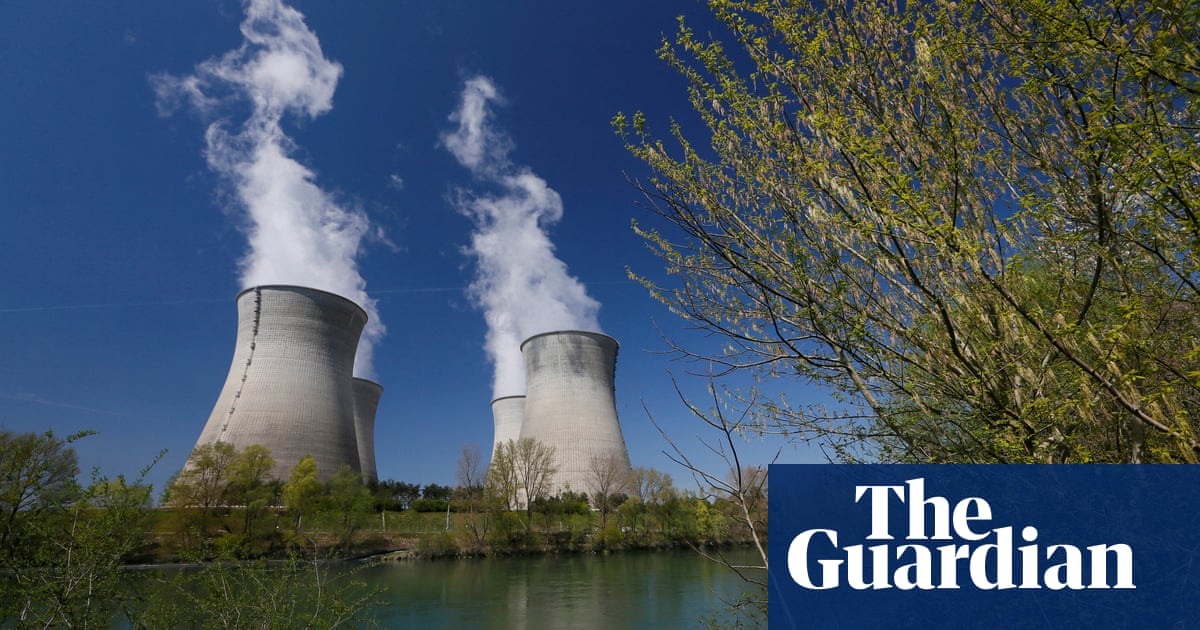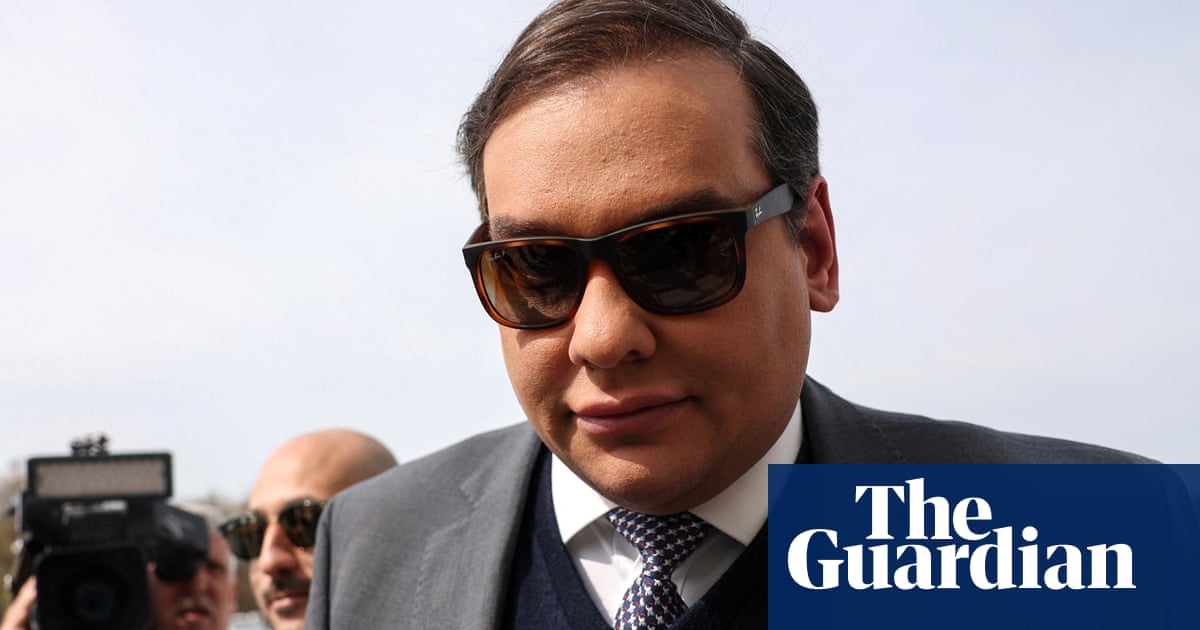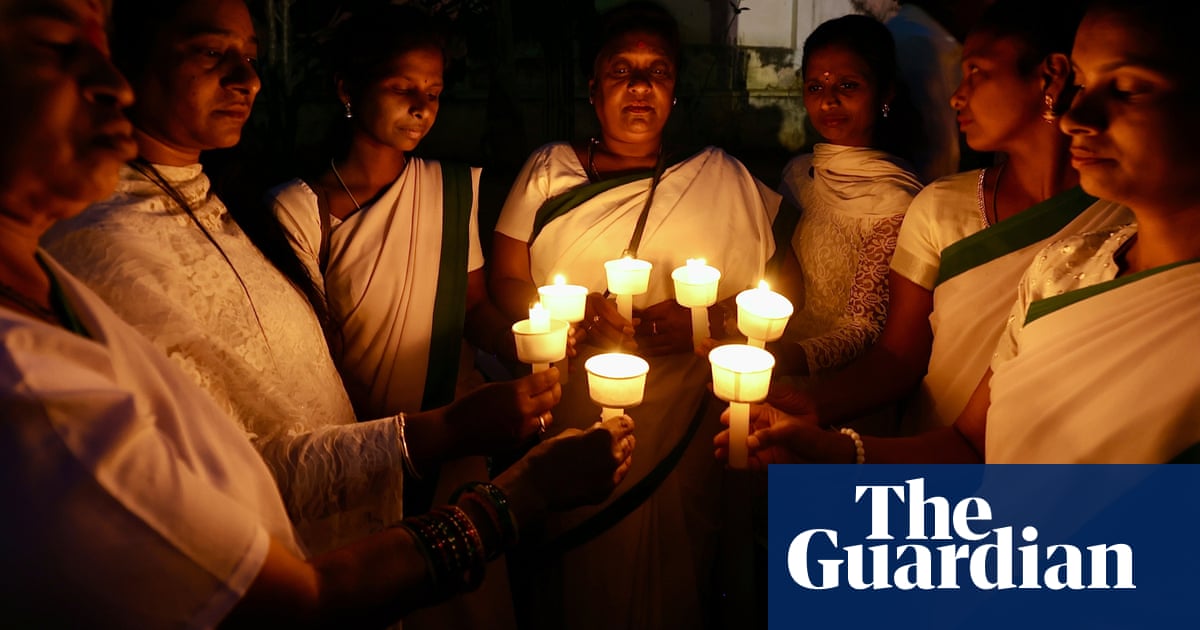“It wasn’t exactly like On First Looking into Chapman’s Homer or turning to page one of War and Peace, but you have to say the BBC did its best to make the start of its new twice-weekly soap EastEnders go with a bang,” opined the Guardian’s TV critic in 1985. It would take a year, the review concluded, to see if the show was a goer. This week EastEnders marked its 40th anniversary.
But as with every celebration in Albert Square, a less cheery story is lurking in the background, despite an eventful live edition, nostalgic documentaries and best-of lists. The BBC’s one-time ratings giant, commanding 30 million viewers on Christmas Day in 1986, is suffering a midlife crisis. This year’s Christmas show figures were a sobering 4.39 million. It is a similar picture over on ITV, where next year Coronation Street and Emmerdale will revert from one‑hour to 30-minute episodes.
Reality TV, streaming, budget cuts, “prestige” dramas, changing viewing habits, AI – there are more new players queueing up to kill off British soap operas than there were suspects for the shooting of Phil Mitchell in 2001. Then there are the self‑inflicted wounds: overstretching the number and duration of episodes and sacrificing social realism and strong characterisation to silly storylines. Back when the biggest spectacles on Coronation Street belonged to Deirdre Barlow, the writer Paul Abbott described the thrill of writing a trial script about Jack Duckworth getting a window cleaning round. It wouldn’t make the cut today.
Unlike the glitzier, shoulder-padded Dallas and Dynasty in the US, British soaps have always been grittier celebrations of working-class families and life. Corrie came out of the kitchen-sink dramas of the 1950s. EastEnders was born into the shifting landscape of Thatcherite London. The worlds they portray no longer exist. The idea of a pub as the heart of a community is as dated as a Babycham – the Queen Vic would surely be a gastropub by now.
But soaps gave voice to people who didn’t speak with Radio 4 accents, and roles to people rarely seen on our screens, not least older women. Albert Square belongs to a long line of matriarchs with big hearts and even bigger earrings. From the first gay kiss in a British soap on EastEnders in 1989, these shows have also played an important role in tackling taboo issues.
Today’s TV shows are as much part of our cultural DNA as Dickens’s novels (often cited as the precursors to soaps): the names Elsie Tanner and Dirty Den as familiar as Miss Havisham or the Artful Dodger. Simon May’s “doof, doof” EastEnders theme tune (voted more recognisable than the national anthem in 2008) has been the soundtrack to countless TV dinners. The plaintive opening notes to Corrie, written to capture the sense of sunshine bursting through clouds, has signalled the end of the day for generations. No matter what disasters occurred in Walford or Weatherfield, they promised comfort and escapism from our own lives. There’s all too little sunshine across the TV schedules these days.
While viewing figures will never match those of their heyday, these shows are still loved by millions. The BBC invested £87m on a new set for EastEnders, and plans for an expansion to the Coronation Street set were announced in 2022, so they won’t be joining Crossroads, Brookside and Neighbours on the soap scrapheap anytime soon. Will they survive until the next significant birthday? Doof, doof…
-
Do you have an opinion on the issues raised in this article? If you would like to submit a response of up to 300 words by email to be considered for publication in our letters section, please click here.

.png) 2 months ago
22
2 months ago
22

